
World
23:04, 04-Sep-2018
India battling 'rat fever' outbreak after state's worst floods
Updated
22:01, 07-Sep-2018
CGTN
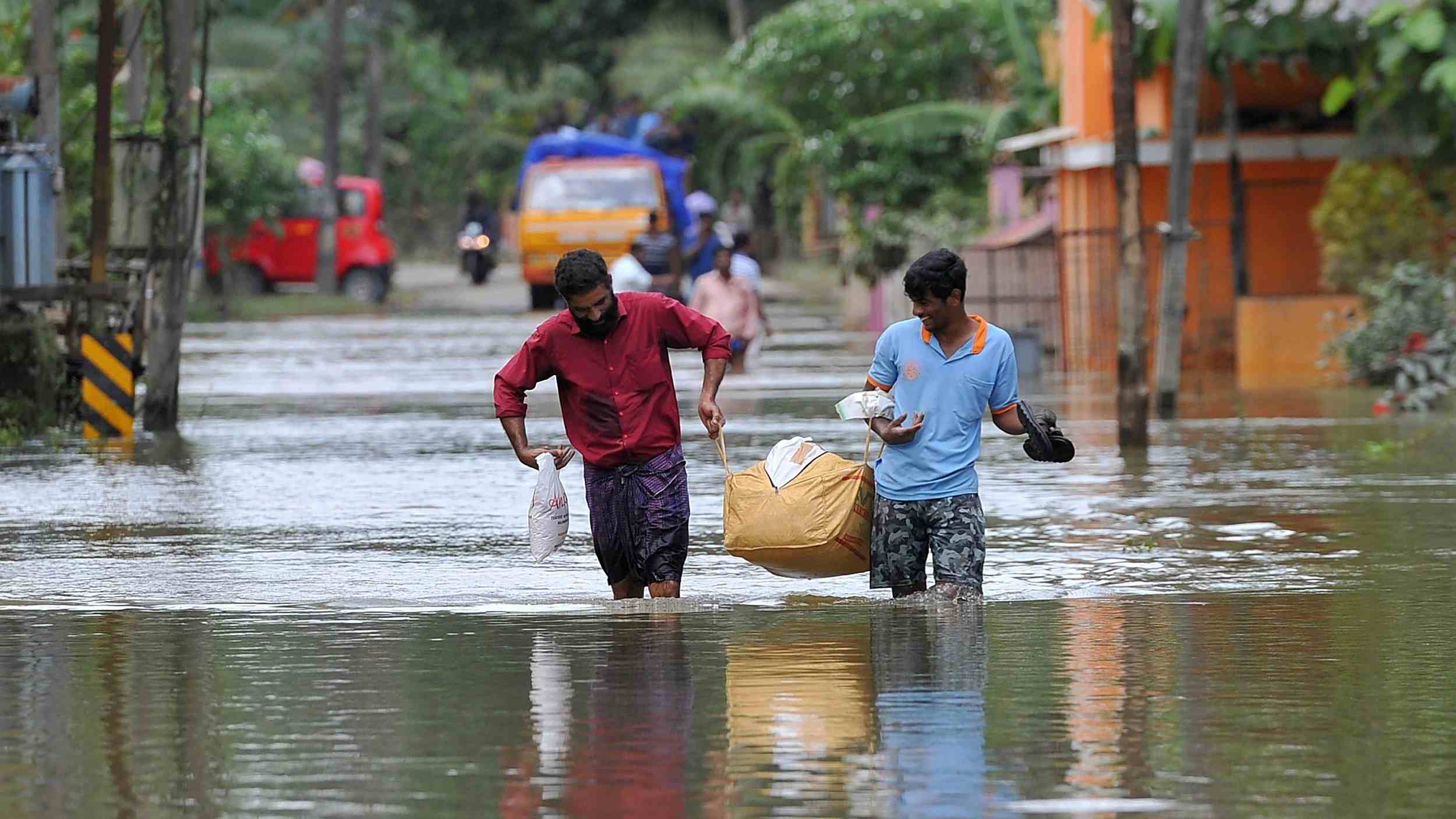
"Rat fever" has killed at least 12 people with another 54 suspected fatal cases in the southern Indian state of Kerala since August, after the worst floods in almost a century, authorities said Tuesday.
A total of 372 people have been infected with the disease, known properly as leptospirosis and transmitted in water, soil or food containing urine from rodents and other animals.
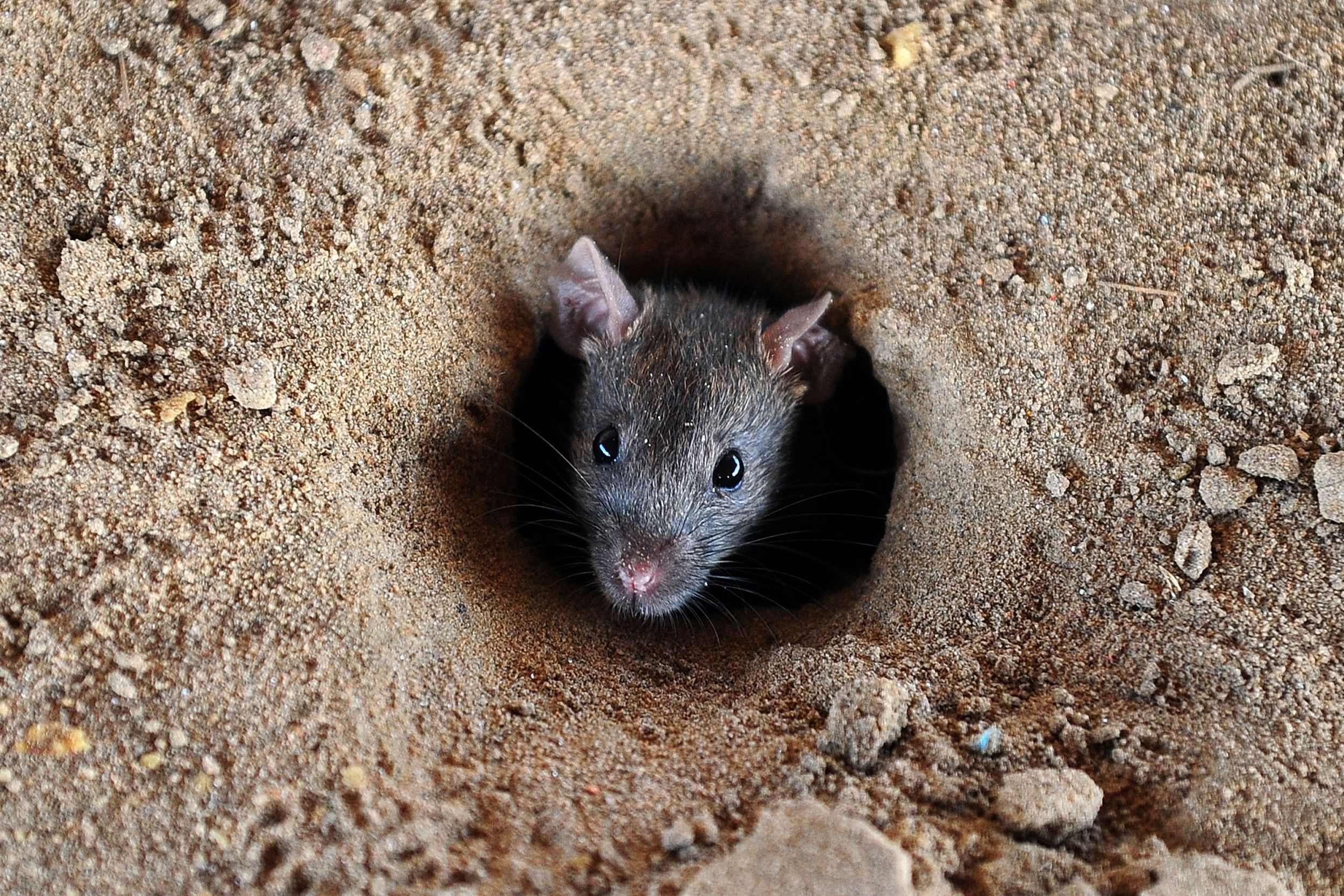
An Indian rat looks out of a hole in the ground in Allahabad. /VCG Photo
An Indian rat looks out of a hole in the ground in Allahabad. /VCG Photo
The bacteria can enter the body through cuts or abrasions on the skin, or through the mouth, nose and eyes, according to the World Health Organization. Person-to-person transmission is rare.
Early symptoms of leptospirosis such as high fever, muscle ache, vomiting, red eyes and chills are similar to those of other diseases, making it difficult for health workers to make an accurate diagnosis.
Other disease outbreaks including dengue fever followed last month's floods, which killed almost 500 people and forced more than one million away from their homes.
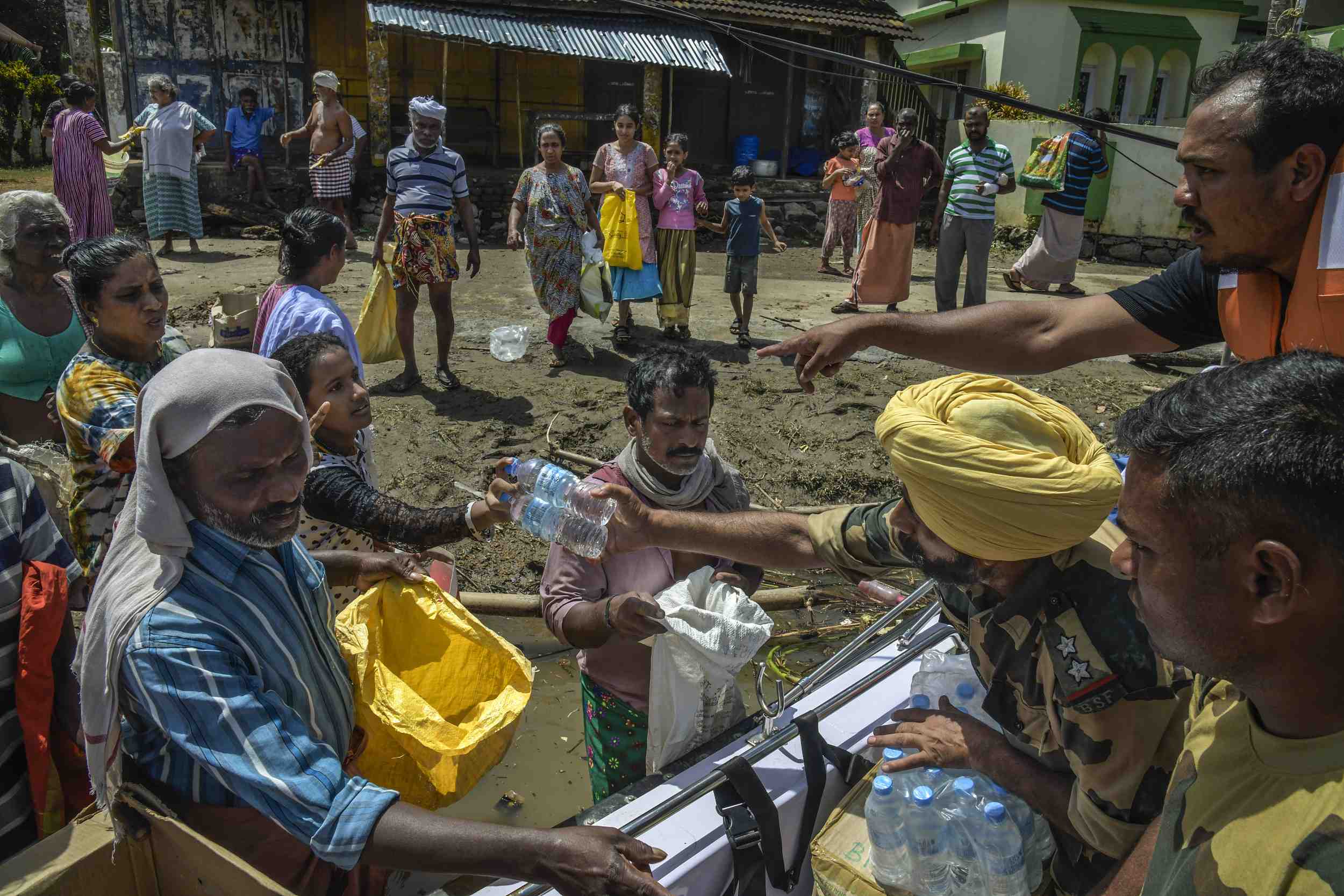
Members of the Border Security Force (BSF) distribute food and water on August 21, 2018. /VCG Photo
Members of the Border Security Force (BSF) distribute food and water on August 21, 2018. /VCG Photo
More than 50,000 people have acute diarrhea, authorities said. Cases of malaria and chicken pox have also been reported.
"We had anticipated leptospirosis due to contaminated water and are taking all measures to distribute preventive drugs in camps," Kerala health director Sarita R L said.
The floodwaters have now largely receded and fewer than 10,000 people remain in temporary camps, down from 1.4 million at the height of the crisis.
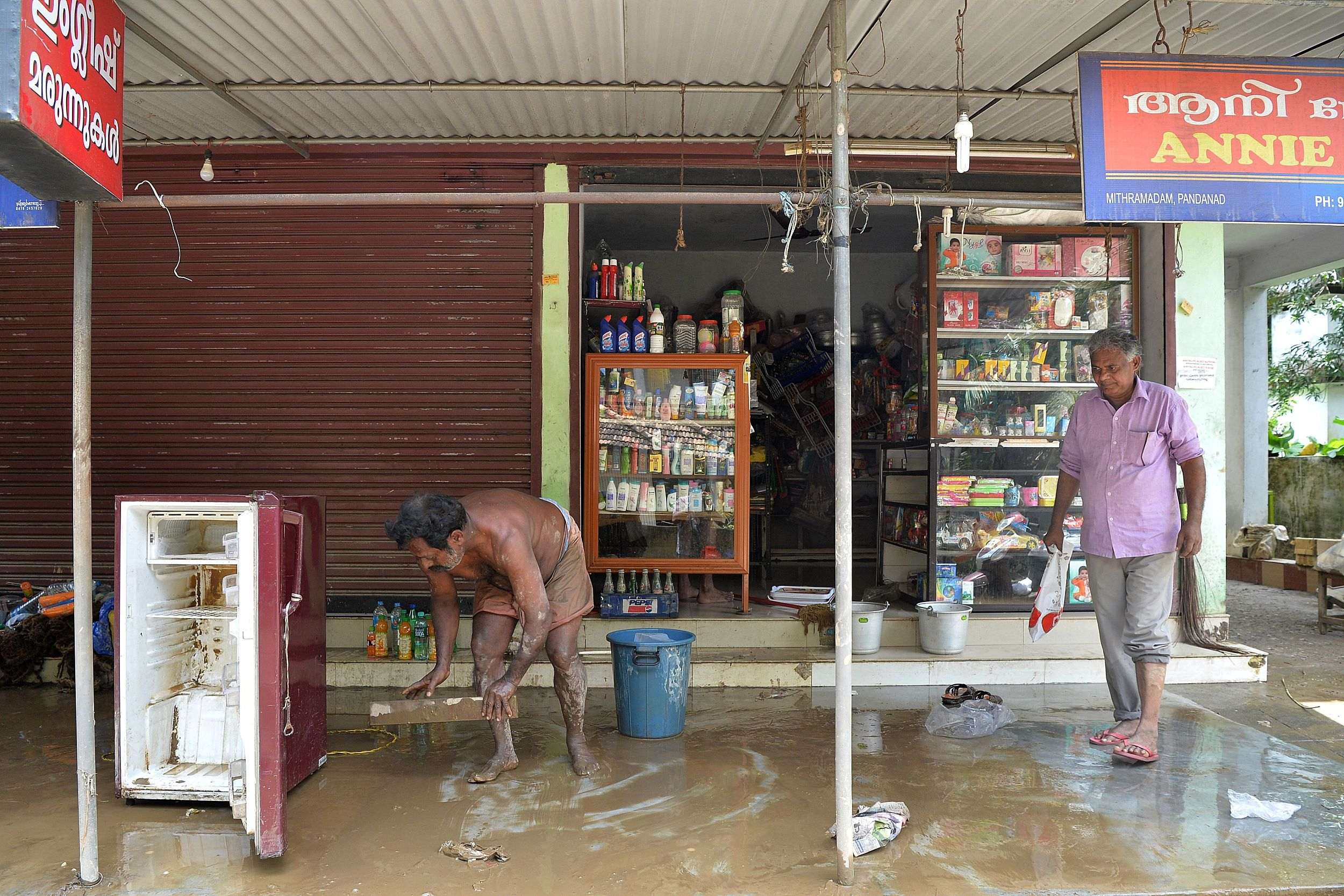
An Indian shopkeeper cleans out a shop after flood waters receded in Pandanad in Alappuzha District in the south Indian state of Kerala on August 21, 2018. /VCG Photo
An Indian shopkeeper cleans out a shop after flood waters receded in Pandanad in Alappuzha District in the south Indian state of Kerala on August 21, 2018. /VCG Photo
The monsoon, which lasts from June to September, causes widespread death and destruction across South Asia each year.
The death toll in India this year currently stands at around 1,400 across 10 states, and heavy rainfall is forecast across several areas in the coming days.
In the northeastern state of Nagaland, 11 people have died and 50,000 others are stranded across some 530 villages, with roads including the national highway into the state cut.
Nagaland's chief minister Neiphiu Rio took to Twitter to appeal for donations, posting photos of widespread damage and saying that 10 relief camps had been opened.
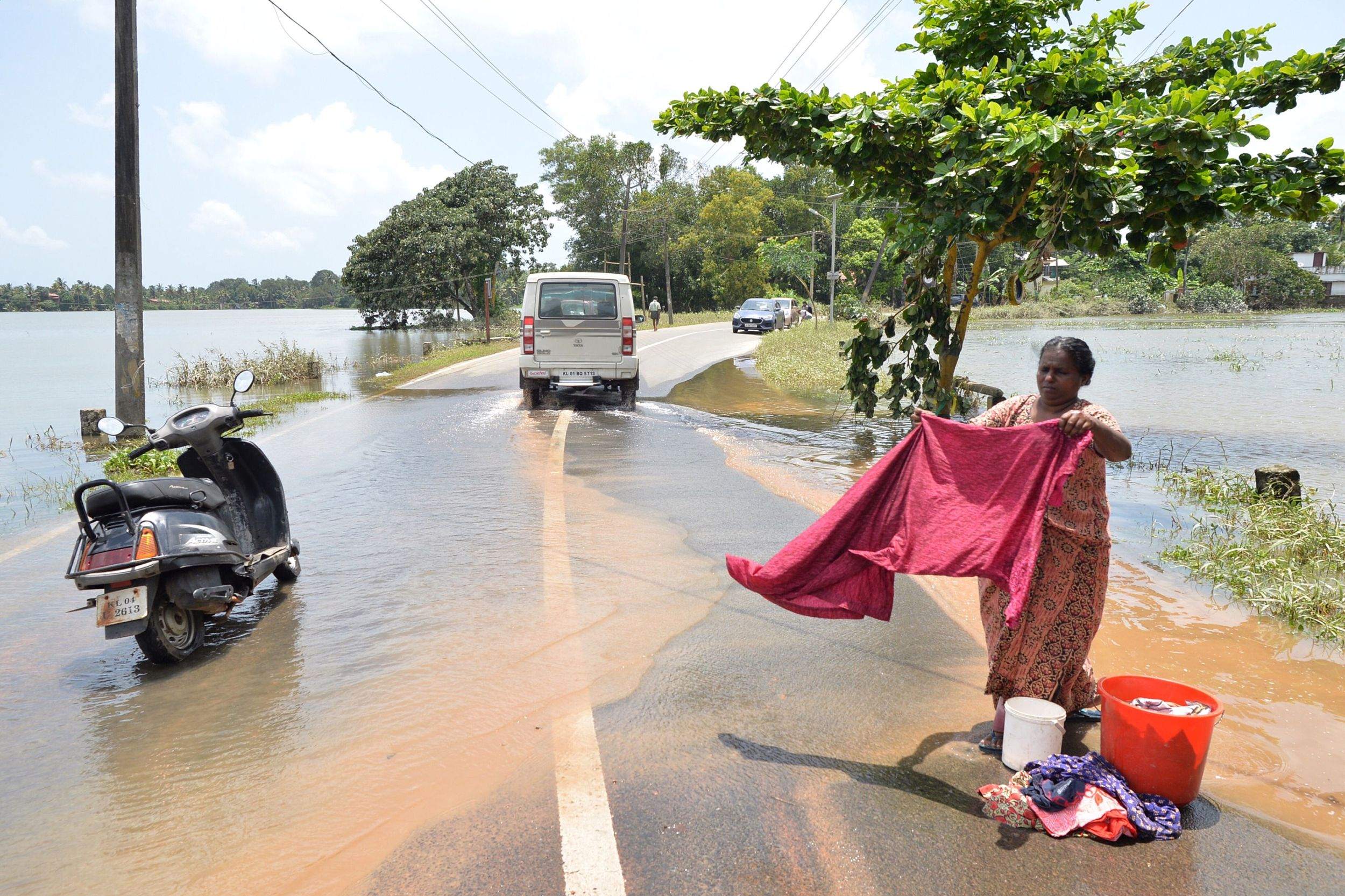
An Indian woman washes clothes on the street where the Pampa riber is overflowing in Pandanad in Alappuzha District in the south Indian state of Kerala on August 21, 2018. /VCG Photo
An Indian woman washes clothes on the street where the Pampa riber is overflowing in Pandanad in Alappuzha District in the south Indian state of Kerala on August 21, 2018. /VCG Photo
In the northern states of Uttar Pradesh and Uttarakhand around 270 people have perished.
Earlier this year Kerala was also the epicenter of an outbreak of the Nipah virus, spread mainly by bats, which claimed 13 lives.
Source(s): AFP

SITEMAP
Copyright © 2018 CGTN. Beijing ICP prepared NO.16065310-3
Copyright © 2018 CGTN. Beijing ICP prepared NO.16065310-3